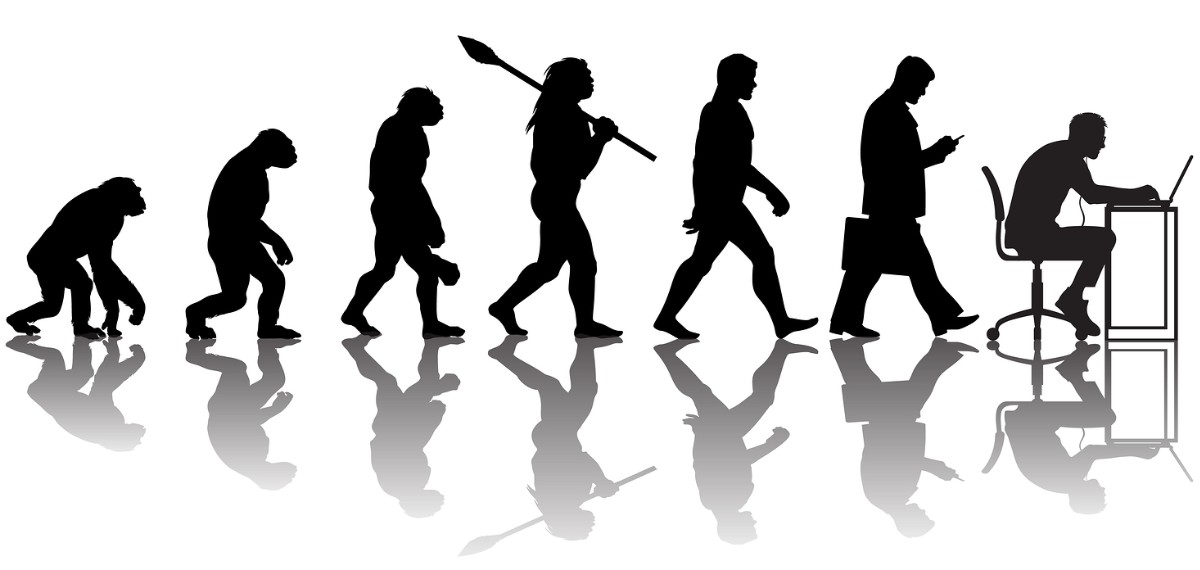
Will IVF affect human evolution?
Will couples pass infertility on to their children?
Natural selection is one of the principal mechanisms of evolution — “survival of the fittest”, as it is popularly known. What happens when this collides with IVF, which is a technology for allowing “subfertile” or “disease prone” couples to have offspring?
This is the question raised by Dr Hans Hanevik, a Norwegian IVF specialist, at the annual meeting European Society of Human Reproduction and Embryology. He writes in the abstract of his talk:
IVF is not just a treatment for infertility, but also a technological intervention at the point in a human life cycle where natural selection operates at its strongest.
Although IVF is a great medical achievement, it circumvents a range of pre- and post-zygotic reproductive barriers. It increases the reproductive fitness of subfertile couples by technologically removing several naturally occurring selective barriers and by altering other such barriers.
With IVF babies reaching 4 or 5% of births in some countries, Dr Hannevik concludes that humans will become symbiotically related to technology:
In accordance with the basic principle of evolution, the subsequent generations will thus be genetically and epigenetically adapted to an environment in which reproduction is increasingly dependent on technological intervention.
Michael Cook is editor of BioEdge
Creative commons
https://www.bioedge.org/images/2008images/FB-Theory-Of-Evolution-Of-Man-Si-248081323_(1).jpg
evolution
ivf
